Ohio Issue 1: What do different religions say about abortion?
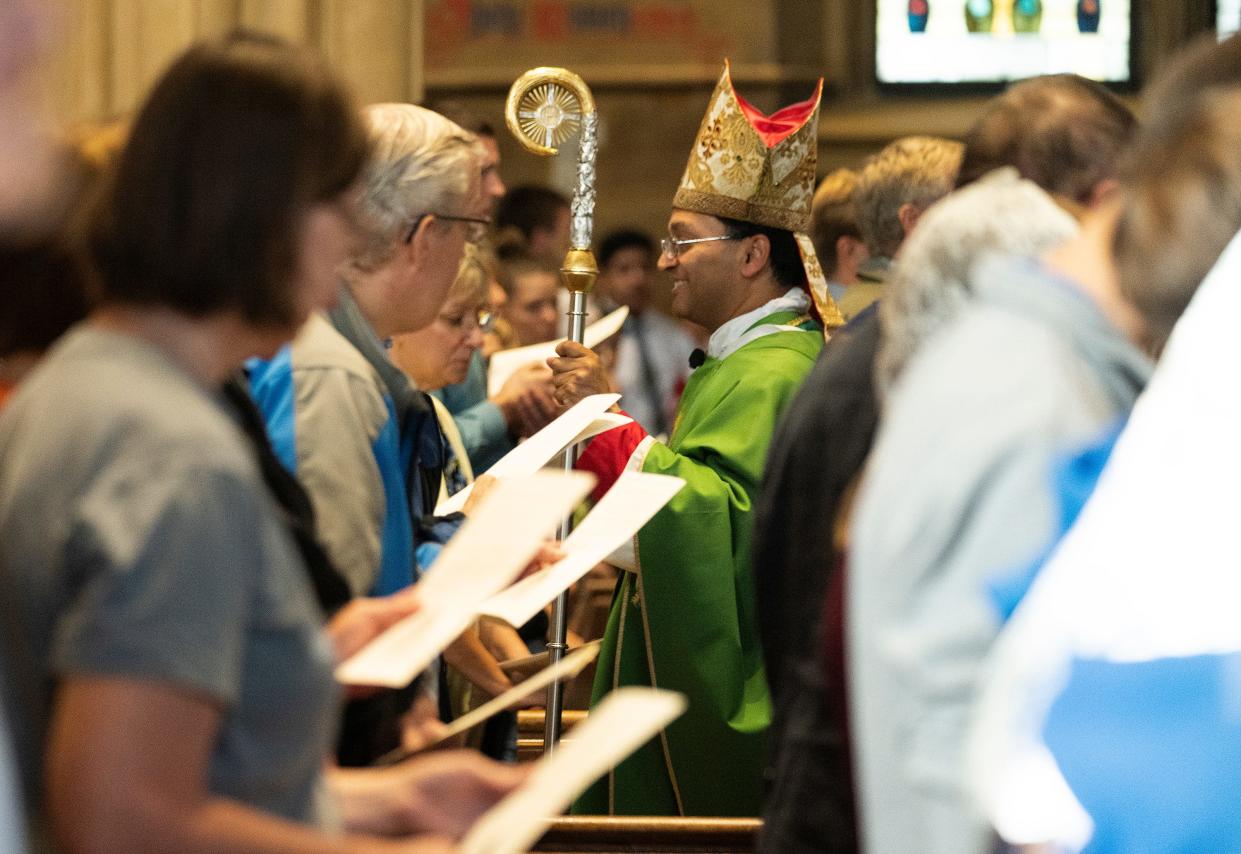
In the debate over abortion, the most vocal opponents are often people of faith.
But the world's major religions don't speak with the same voice when it comes to abortion. There can be nuance and disagreements within denominations, faith traditions and leaders. And polling suggests the views of religious institutions don't always align with the opinions of their members.
This fall, Ohioans will vote on Issue 1, an amendment that would enshrine abortion rights and other reproductive decisions in the state constitution. Early voting has already begun and Election Day is Nov. 7.
The USA TODAY Network Ohio Bureau asked religious and community leaders from across the state to answer two questions. Their responses represent a sampling of the views on this often-divisive topic. Here are their replies:
What is your religion's position on abortion?
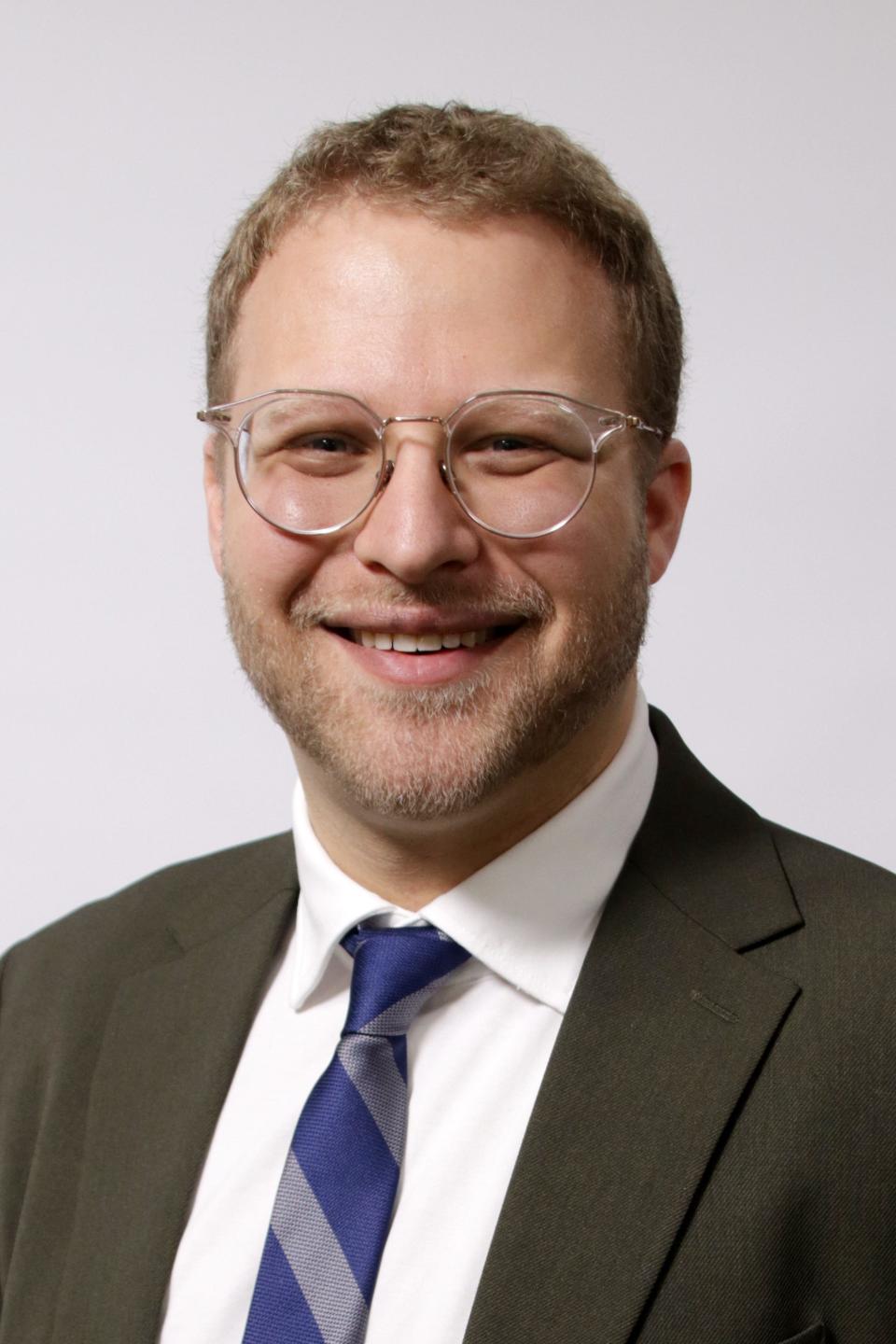
Rabbi Ari Jun, director of the Jewish Community Relations Council with the Jewish Federation of Cincinnati: "Judaism's position on abortion is that it ought to be legal and available because it is, at times, allowed and, at times, even required within the religion.
Judaism doesn't consider a fetus to be a full person and considers it to be an extension of the mother, which means that in any case where a mother's health is at stake and is jeopardized by the continuing of a pregnancy, Judaism is unequivocal that the mother's health must come first."
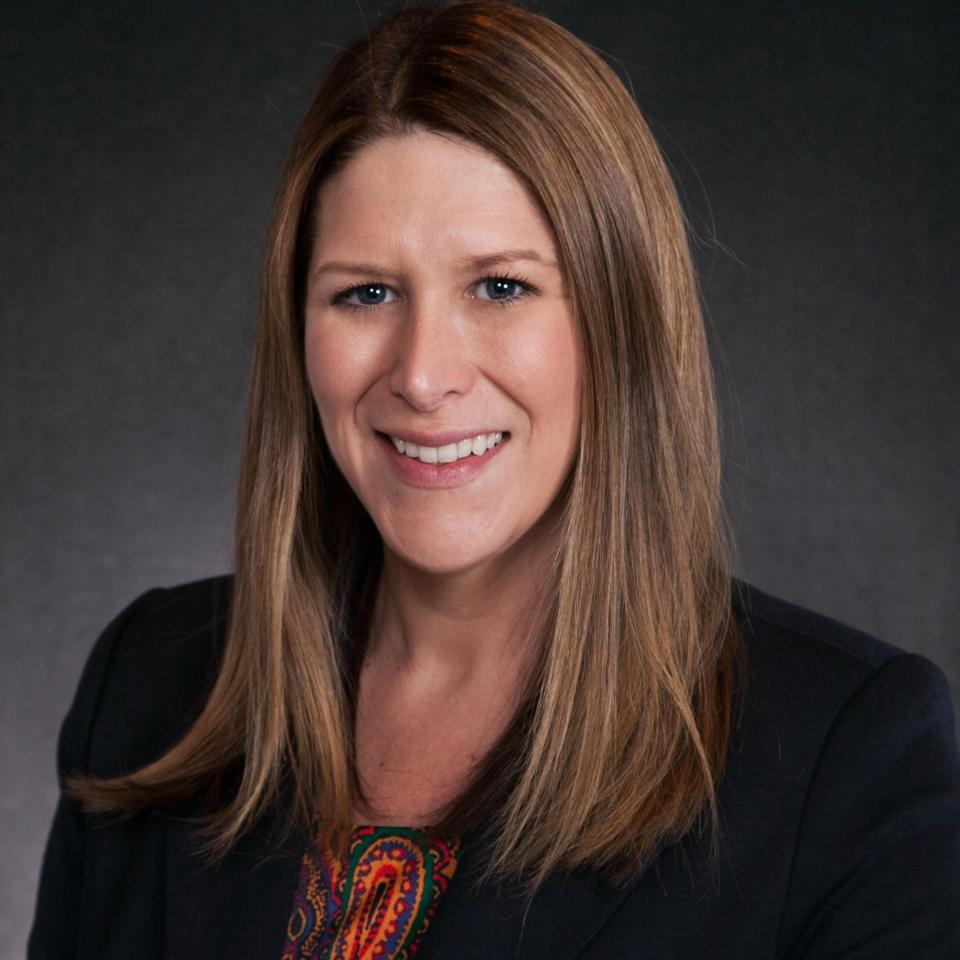
Michelle Duffey, associate director of communications and outreach with the Catholic Conference of Ohio: "The Catholic Church teaches that every human life is a gift from God and deserves protection and support no matter their circumstances or stage of development.
As science affirms that a unique child forms from conception and abortion ends a child’s life, Catholics must oppose its legalization. The Catholic Church advocates for expansive structural support for pregnant women and young families and accompanies women in need so that any woman considering an abortion will receive the support she deserves."
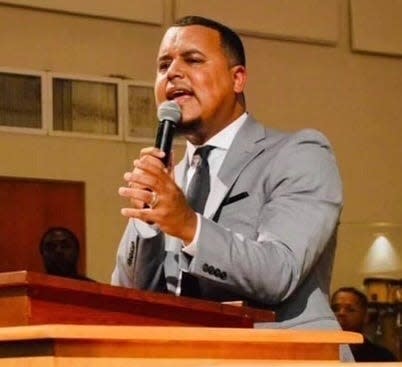
Pastor Brian Williams, Hope City House of Prayer, a nondenominational church on Columbus' West Side. Williams spearheaded a letter from more than 100 Black faith and community leaders opposing Issue 1: "Our position as Christians, as faith leaders, is that life begins at conception and that life is sacred. Life is a gift from God."
Rev. Anita Tokuzen Kazarian of the Cleveland Buddhist Temple: "We understand we are always making important and personal decisions and must take responsibility for those decisions. In Shin Buddhism, as in life, there is no 'slogan' that can answer your question in a few words."
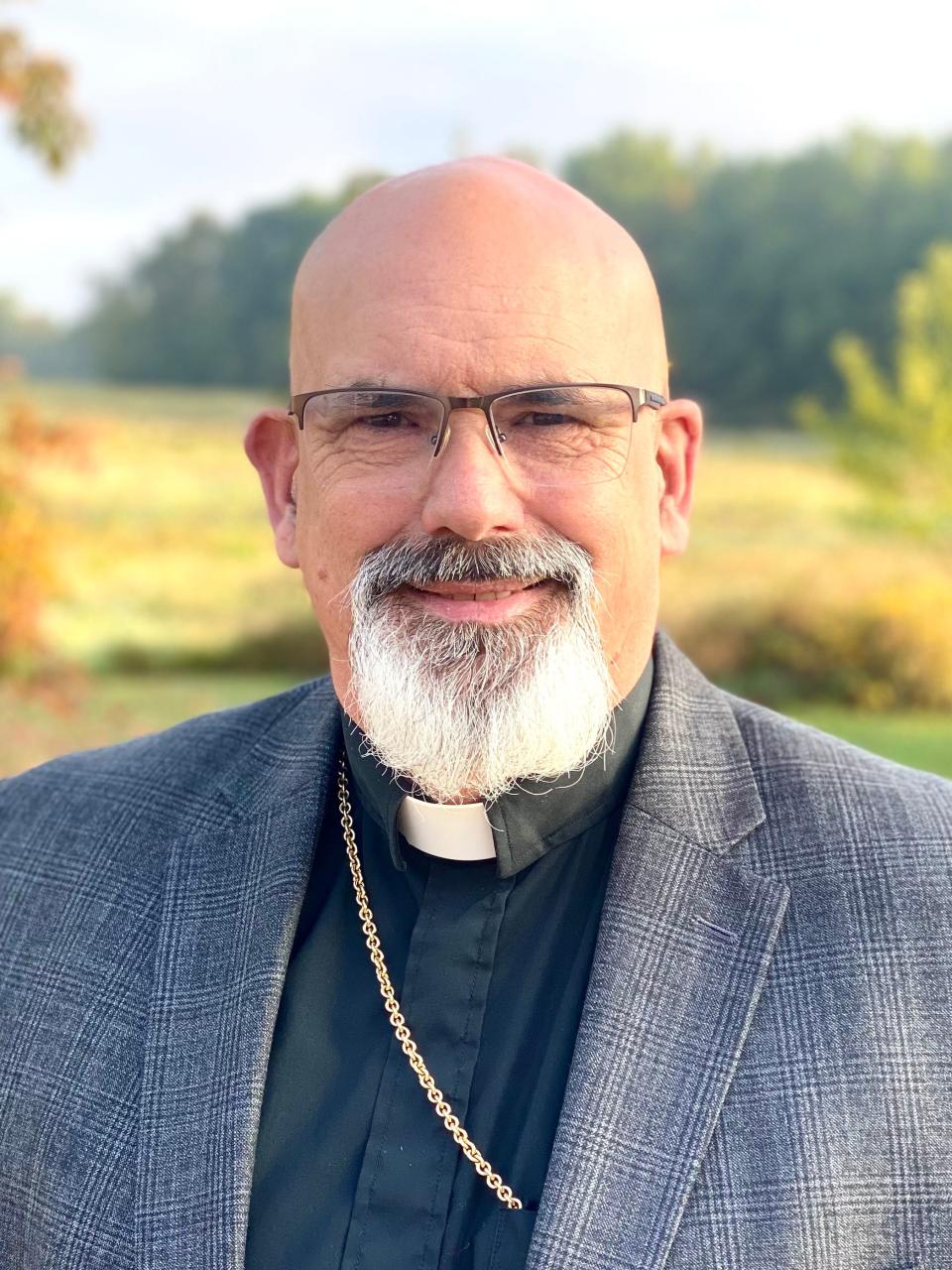
The Rev. Dr. Kevin Wilson, president of the Ohio District of the Lutheran Church – Missouri Synod: "Our position is long-standing, consistent, and clear. Based upon the conviction that God is the creator of all life, the Lutheran Church-Missouri Synod (LCMS) strongly stands for the sanctity of human life. Since human life starts at conception, the LCMS maintains that abortion 'is not a moral option, except as a tragically unavoidable byproduct of medical procedures necessary to prevent the death of another human being, viz., the mother' (1979 Synodical Convention).
As Christians, we are called to love our neighbor. This love extends to defending those who cannot defend themselves, including and especially unborn children."
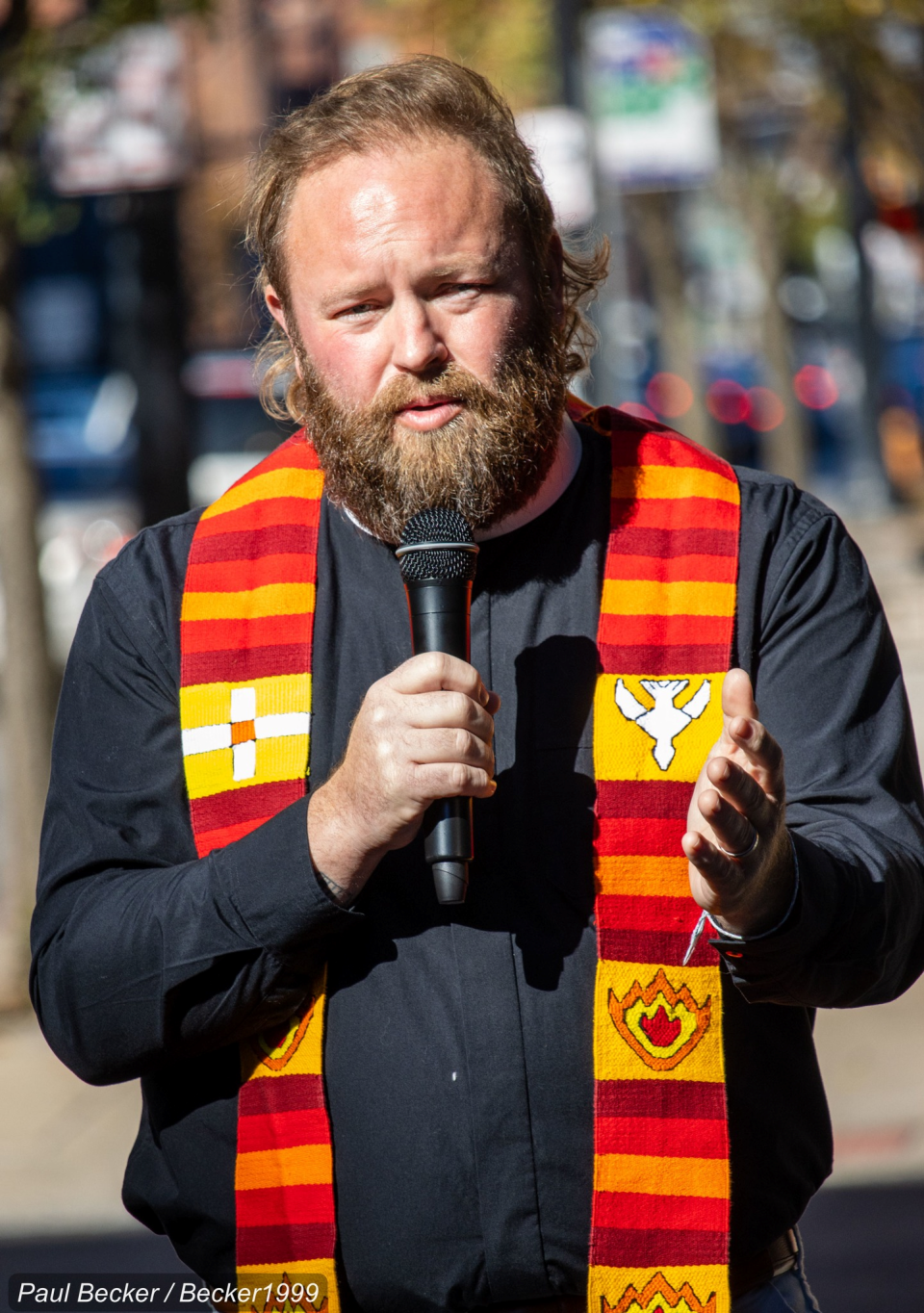
The Rev. Dan Clark, a minister in the United Church of Christ and the Ohio director at Faith in Public Life: "We view access to reproductive health and equity as a human rights issue. Our faith teaches us that we should be good neighbors who create communities of love and care. As people of faith, it is our calling to protect people’s innate dignity, to respect their moral agency and to be co-creators with God ensuring that everyone has safe, healthy and sustainable communities where they can thrive."
Susan Borison, chair of the community relations committee of the Jewish Federation of Cleveland: "The Jewish perspective on abortion is nuanced and complex. Traditional Jewish law does not talk about abortion in the same way we do in today’s political landscape. But specifically, Jewish law does place enormous value on human life, including the life and well-being of the mother’s physical and mental health.
Depending on the circumstances, Jewish law may permit or even mandate that the woman has an abortion. In some Jewish circles, women may act after consulting with their rabbis. In other Jewish circles, women may rely on consultation with their doctor."
The Yaqeen Institute for Islamic Research: “Life is sacred in Islam. According to Islamic thought, the soul is breathed into the fetus at 120 days after conception. The fear of poverty is never considered an excuse or justification for abortion. Abortion is prohibited by default with exceptions depending on what stage of pregnancy the mother is in and if there is a legitimate reason to abort.
Up until 40 days after conception, abortion is permitted under clearly legitimate reasons such as rape or the physical or mental inability to raise children. Up until 120 days after conception, abortion is only permitted if there is a pressing circumstance, such as rape or extreme fetal deformity incompatible with life. After 120 days, saving the mother’s life is the only case in which abortion is permitted.”
Sen. Niraj Antani, Ohio's first Hindu state senator: "I am pro-life, and there is an argument to be made for pro-life; You have to extrapolate and amalgamate a variety of stories to get there. Abortion is just not one of those things that are contemplated in our spiritual texts."
According to "Perspectives of Hinduism and Zoroastrianism on abortion: a comparative study between two pro-life ancient sisters:" "Abortion deliberately disrupts the process of reincarnation, and killing an innocent human being is not only in contrast with the concept of Ahimsa (principle of nonviolence) but also places a serious karmic burden on its agent."
What advice are you giving members about the Nov. 7 vote?
Jun, Jewish Community Relations Council: "The JCRC, which is within the Jewish Federation of Cincinnati, has been very vocal in working toward getting Issue 1 onto the ballot for November and encouraging people to get out and vote and vote 'yes' to ensure that abortion rights remain legal in the state of Ohio."
Duffey, the Catholic Conference: "The Catholic Conference of Ohio is informing Catholics across Ohio about the dangers of Issue 1 and urging them to educate others and vote no. Issue 1 puts women at risk, threatens parental rights, and allows abortion through all nine months of pregnancy.
Ohioans deserve just laws that provide expansive resources and accompaniment to mothers and young families, not proposals like Issue 1 which, does nothing to support women. Our advocacy on Issue 1 adheres to the Church’s action to defend the most vulnerable in society, including the poor, migrants, and preborn children in the womb."
Williams, Hope City House of Prayer: "From the pulpit, it will be addressed. We'll be praying about it and we'll be using whatever resources we have to let others know about it," he said. "We're not appealing to people on the basis of a political ideology. For us, this is a moral issue. It's a human rights issue, and ultimately, it's a biblical issue."
Kazarian, the Cleveland Buddhist Temple: "Shin Buddhism does not take a position on political issues. In the United States, we have the right to vote and each must vote their conscience and, take responsibility for their decision."
Wilson, the Lutheran Church – Missouri Synod: "I rarely provide guidance to our congregations and church workers in Ohio concerning public policy. Issue 1, however, touches upon a clear teaching of our church. Based upon what our denomination believes, teaches, and confesses about abortion, it is clear that to guarantee one’s right to an abortion from conception and, possibly, up to birth, including minors undergoing abortions without parental knowledge or consent, runs contrary to our teachings."
Clark, United Church of Christ: "I stand with the overwhelming majority of faithful Ohioans and people of faith across our state who support reproductive health access and denounce the extreme measures leaders in our state have taken to ban abortion. I will vote yes on Issue 1 this November and I am encouraging those in my faith community to do the same."
Borison, Jewish Federation of Cleveland: "As it relates to November 7, we are encouraging all members of the Jewish community to educate themselves on the ballot initiatives, candidates and other local issues on the ballot and make a plan to vote whether it be through absentee ballot, early voting or day of."
Ohio chapter of the Council on American-Islamic Relations (CAIR) does not have an official policy position on Issue 1, said Amina Barhumi, executive director of the Columbus and Cincinnati offices.
Jessie Balmert is a reporter for the USA TODAY Network Ohio Bureau, which serves the Columbus Dispatch, Cincinnati Enquirer, Akron Beacon Journal and 18 other affiliated news organizations across Ohio.
This article originally appeared on Cincinnati Enquirer: Ohio Issue 1: What does religion say about abortion?

